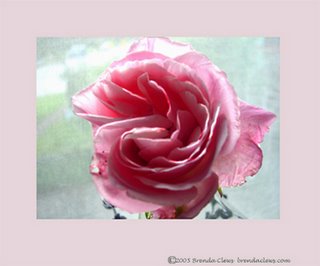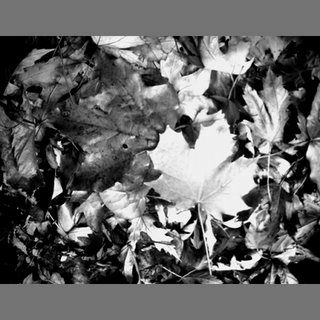
Strange luck, strange turns of events, strange eddies in the currents of time, like strange physics particles cohering in unexpected formations, were occurring in ways incongruent to the laws of cause and effect. The energy of a system wasn’t contained in the rationality of its whole, nor in the logical sum of its parts, not all of it. Perhaps there are pockets of other dimensions in this one, oscillating at even higher frequencies. Something like intersecting fields of frequencies crossing each other at nodal points where the pattern of events could take a different turn. Sometimes the fabric of space and time stretched, buckled, spread, allowed. Places where the light trickled richly and pooled. Where the visions were strongest. Where visions could become realized. Contact points where creative poolings occurred out of which magic arose as if from the mists which swirl over the waters of the deep. If you were in one of those places somehow things spawned. Cornucopias of wishes came true. Effortlessly; if you applied effort, or attempted to arrogate the processes, became arrogant, the entryway shut down, closed, moved elsewhere. These were gifts that only appeared through a process of gifting. It was not a doctrine, or definable by any system, religious, scientific or otherwise.
No-one could claim to own or control this process of interconnections. Patents couldn’t be taken out on it. It’s a network that’s larger than the continuum we think we exist in. It intersects with the space-time continuum of cause and effect. It enables crucial connections to be made.
Whether you call it co-incidence or the guidance of angels, it doesn’t matter.
What you did when a desire and its fulfillment intersected was up to you. What you want will appear, but it might not be what you wanted after all, or perhaps you didn’t recognize it as the fruition of your wishes, or perhaps the lapse between its appearance and your recognition was long enough to lose it. It’s important to be open to possibilities.
That’s where the sudden lightning flash of illumination will appear, as a possibility.
Finding what she was looking for, accidentally, wherever, happened so often she didn’t doubt the existence of a set of connections between us all that appear beyond the accepted communication channels. Finding what you were looking for, what you wished for, was no stranger than seeing yourself in a mirror, after all. You think you exist, and then you see yourself and it’s always a little strange and somehow magical that you are here at all.
As she sipped her hot, aromatic Earl Grey tea, its sweetness on her tongue, she continued to follow her train of thought. She wondered if trying to map this process, even poetically, would scare it away. Like psychic phenomenon, it was resistant to testing. Wish fulfillment was perhaps akin to hitting the jackpot, it would happen, but no-one could predict when or how much or who would be the winner. Only, we were all winners all the time, it was just a matter or recognizing that what you were asking for is being given to you.
For the co-ordinates of this larger system of connections to key in to your mental arena, your flux of thoughts and emotions, there has to be a real need. It doesn’t happen on a whim. It doesn’t happen if you don’t really need it. If you’re fine without what you think you want, then you won’t find anything. If you’re frustrated and finding things difficult and such and such a thing will help, then you will find it. When you’ve forgotten about it. Like magic. That’s the way it happens.
It happens and you can’t make it happen, but you cause it to happen, and when it does it seems like a small miracle.
The book of life is a book of miracles.
It is not about the suspension or violation of the laws of nature. It is about an added bonus to the stability of the world. Something that brings what is desired without shaking the foundations of your life. Parachuted in. Added to. Offered. Gifted. In the immediacy of the moment. As is. Without artifice, exploitation, ulterior motive, in the purity of the present.
It cannot be reduced to the normal processes of communication, or of the market of goods that flow back and forth. But it is a give and take. A call and a response. An offering of gifts to each other.
You will find what you are looking for if you stop looking for it; but first you have to want it, deeply.
It’s not that the energy is freed once you stop wanting, stop thinking about it, stop looking, though that is one way to teach yourself to let go. It’s like desire reaches a fevered pitch and spills over into a silence so rich it spawns whatever was being sought until it is shining before you. It’s a process of love. When you find what you are looking for, you feel profoundly loved.
The small miracles are to remind you that you are loved.
©2005 Brenda Clews





